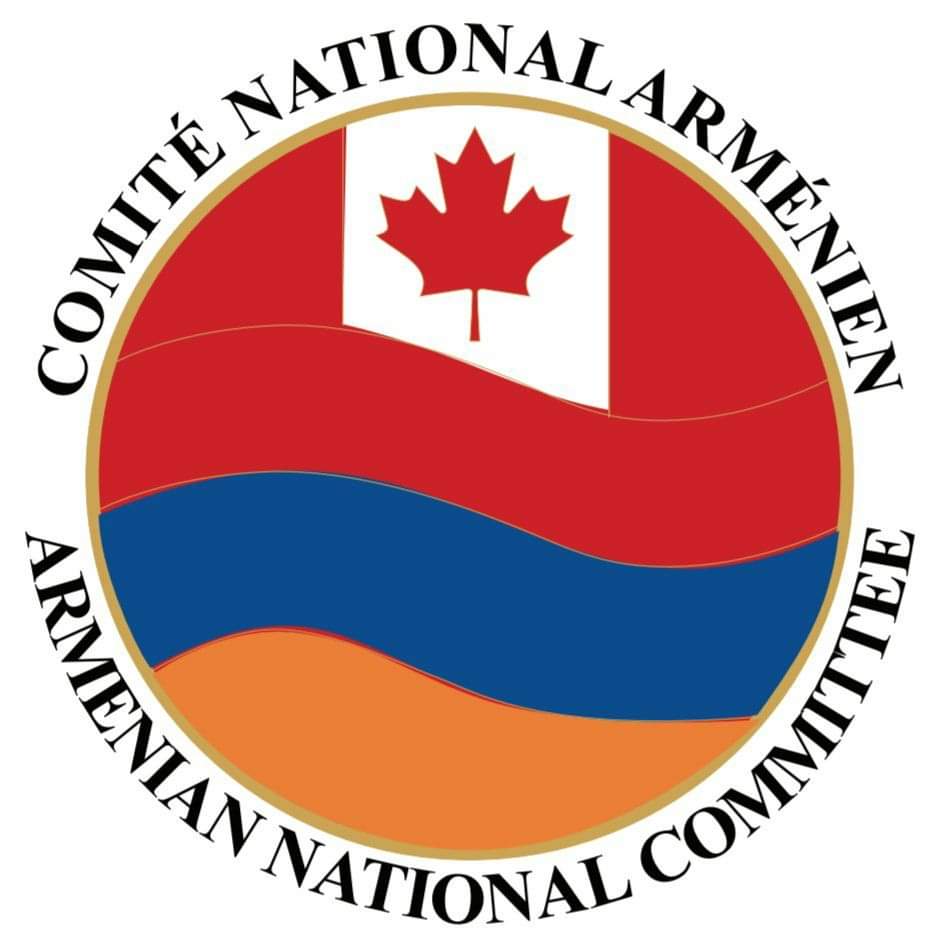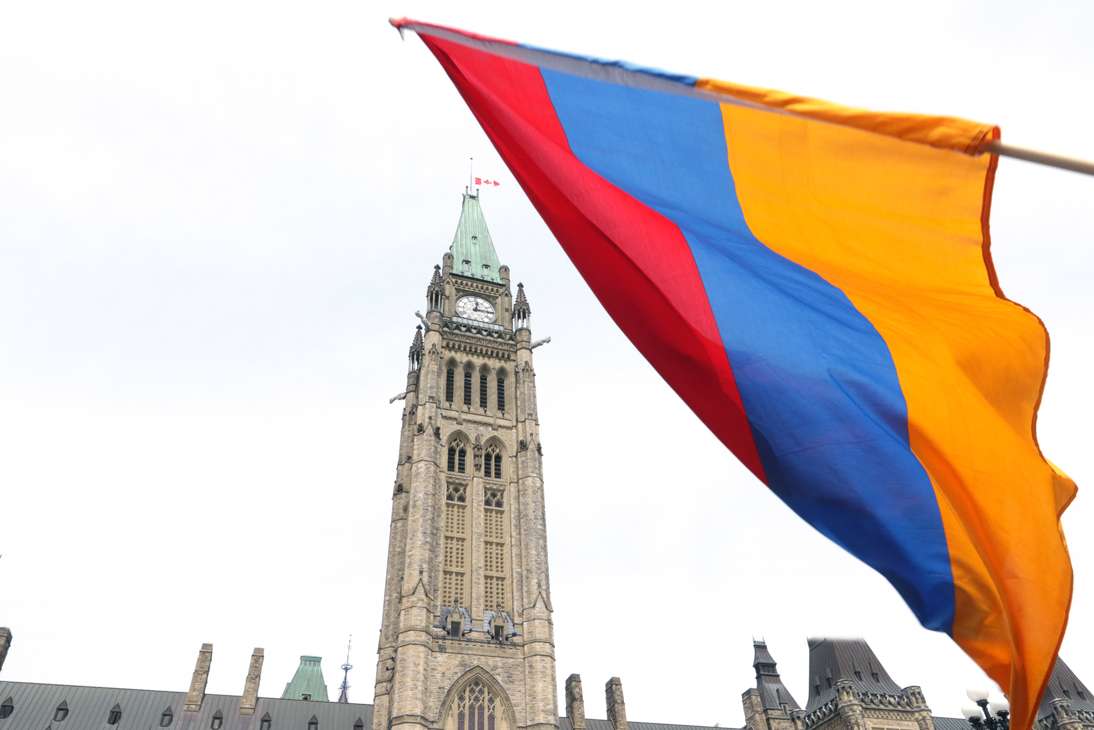“The fact that what happened in 1915 was a mass murder was not even a subject of argument from the viewpoint of the actors of the time, with Mustafa Kemal at their head. The main subject of discussion was about how to punish ‘Turks.’ ”
Dr. Taner Akcam
University of Michigan
1915 Legends and Realities, Radikal, May 25 2003
Mustafa Kemal Ataturk:
In a communication to General Kazim Karabekir, on May 6 1920 about attacking the fledgling Armenian Republic, Mustafa Kemal Ataturk (founder of the Turkish Republic) said:
“The Christian world, especially America will turn against us, associating such an attack the possibility of ‘a new Armenian massacre’”
Kazim Karabekir, Istiklal Harbimiz
Our war of Independence, 1969.
On September 22 1919, from Mustafa Kemal Ataturk, to Major-General Harbord, the head of the American Military Mission to Armenia:
“Kemal used the 800,000 figure to describe the number of Armenian victims. He, in fact, ‘disapproved of the Armenian massacres.’ (Ermeni kitlini o da takbih ediyordu).”
Rauf Orbayin Hatiralari” Yakin Tarhimiz
Memoires of Rauf Orbay; Our Contemporary History, 1962.
On April 24 1920, the day after the inauguration of the new parliament of the Turkish Republic, Ataturk stated:
“The World War I massacres against the Armenians (Ermenilere karşi kitliam)[fusion_builder_container hundred_percent=”yes” overflow=”visible”][fusion_builder_row][fusion_builder_column type=”1_1″ background_position=”left top” background_color=”” border_size=”” border_color=”” border_style=”solid” spacing=”yes” background_image=”” background_repeat=”no-repeat” padding=”” margin_top=”0px” margin_bottom=”0px” class=”” id=”” animation_type=”” animation_speed=”0.3″ animation_direction=”left” hide_on_mobile=”no” center_content=”no” min_height=”none”][was] a shameful act (fazahat).”
“Ataturkün Söylev ve Demerçleri 1918-1938”
(The Speeches and Statements of Atatürk) vol.1, 1945.
In an interview with a French publicist he (Mustafa Kemal Ataturk) inveighed against the Ittihadist chiefs, whom he blamed for the crime against the Armenians:
“They, [the Ittihadist] and their accomplices…deserve the gallows. Why are the Allies delaying having all these rascals hung?”
Maurice Prax,
“Constantinople: Lectures pour tous,” 1920
“The massacre and deportation of Armenians was the work of a small committee who had seized the power.”
Rauf Orbayin Hatiralari, Yakin Tarhimiz
Memoires of Rauf Orbay; Our Contemporary History, 1962.
In an interview (Los Angeles Examiner, August 1, 1926) with Swiss journalist, Emile Hildebrand, Ataturk said:
“These leftovers from the former Young Turk Party, who should have been accountable for the lives of millions of our Christian subjects who were ruthlessly driven en masse from their homes and massacred, have been restive under the republican rule.”
Turkish Court Martial: To judge Talaat and the other criminals who participated in organizing the genocide of 1915, a Turkish Court Martial was formed on March 8, 1919. The following is an abridged version of the accusation against them:
“…the essential point which emerges from the open inquiry is that the crimes committed during the deportations of the Armenians in different locations and at different times were not isolated and local cases. A central force, organized by and composed of persons mentioned here, premeditated and executed them, through secret orders or verbal instructions.
“The court declares unanimously the guilt of the charges mentioned earlier of the accused hereby named, members of the General Council which represent the moral person of the Ittihad. According to the disposition of the law, the Court declares the penalty of death against Talaat, Enver, Djemal and Dr. Nazim,and forced labor for 15 years against Djavid, Moustafa Cherif and Moussa Kiazim.”
Dr. Taner Akcam
Dialogue Across an International Divide: Essays Towards a Turkish-Armenian Dialogue, 2001
The Great Free-Mason Loge of Turkey: The Great Free-Mason Loge of Turkey voted the following motion:
“The venerable Assembly reached the conclusion that during the last war, brothers Talaat Pasha, Midhat Chukri, Hussein Dhajid, Behaeddine Chekir, forced compatriots to leave their homes, had them assassinated, and stole their goods, and for these reasons they are expelled from the Masonic ranks.”
The Turkish Journal Yeni Stamboul
General Vehib Pasha (Bukat): Commander of the Turkish Third Army
“The massacre and destruction of the Armenians and the plunder and pillage of their goods were the result of decisions reached by Ittihad’s Central Committee…The atrocities were carried out under a program that was determined upon and involved a definite case of premeditation.”
Records of the 1919 Turkish Military Tribunal
Mustafa Arif (Deymer): Interior Minister 1918-19
“Unfortunately, our wartime leaders, imbued with a spirit of brigandage, carried out the law of deportation in a manner that could surpass the proclivities of the most bloodthirsty bandits. They decided to exterminate the Armenians and they did exterminate them. This decision was taken by the Central Committee of the Young Turks and was implemented by the Government…The atrocities committed against the Armenians reduced our country to a gigantic slaughterhouse.”
Halide Edib: American Educated Feminist Writer
“…Indeed, we tried to destroy the Armenians through methods peculiar to the Middle Ages. We are living today the saddest and darkest times of our national life.”
VAKIT,22 Oct. 1918
Dr. Taner Akcam: University of Michigan, The Long Denied Armenian Genocide, Le Monde Diplomatique, 2003.
“Turks and their history books still cannot accept that there was an organized mass murder of Armenians between 1915 and 1917. Perhaps that is because so many of the murderers and looters were also heroes of the founding of the modern Turkish republic.
“The founder of modern Turkey, Mustafa Kemal Ataturk, spoke on the subject dozens of times; he condemned the massacres, which he called infamous, and demanded that those who were guilty be punished.”
Falih Rifik Atay, a close friend and confidant of Ataturk, a former Ittihadist, and Kemalist publicist. When discussing the persecution of World War I Armenian massacres, he too saw fit to characterize them as “genocide,” using exactly this composite Greco Latin term, at the same time lamenting the fact that there were:
“…alternative remedies [to the Armenian problem]; why incur the risk of dishonoring the name of the nation? Mustafa Kemal too was against the genocide.”
Halil Berktay: Professor of History at the University of Sabanci in Istanbul
“I believe that things will change. For decades we have been putting Turkish Opinion to sleep with the same lullabies. Meanwhile there are a ton of documents providing the sad reality…I even cried upon discovering certain clichés. In Turkey, our youth grow up sheltered. Later in life when some go abroad to study, they discover the reality. For me, the discovery at Yale University was very traumatizing. We caused the death of at least 600 000 people in ten months. If we are not racists, we should be feeling the profoundness of such horror.”
L’Express, 09-11-2000
The Armenian Question: Resolving a taboo.[/fusion_builder_column][/fusion_builder_row][/fusion_builder_container]


